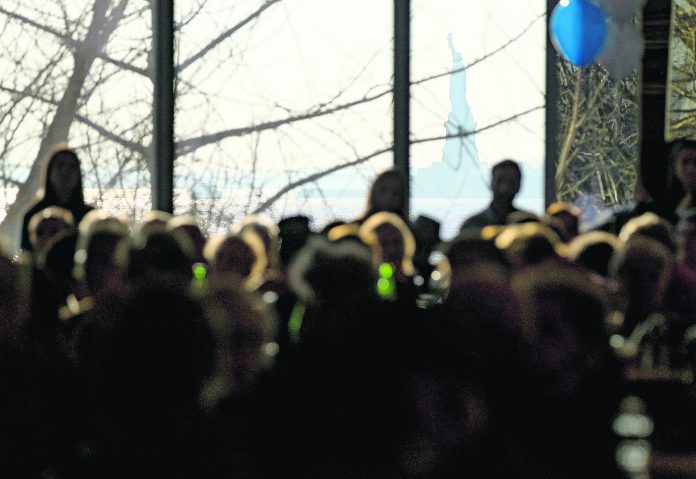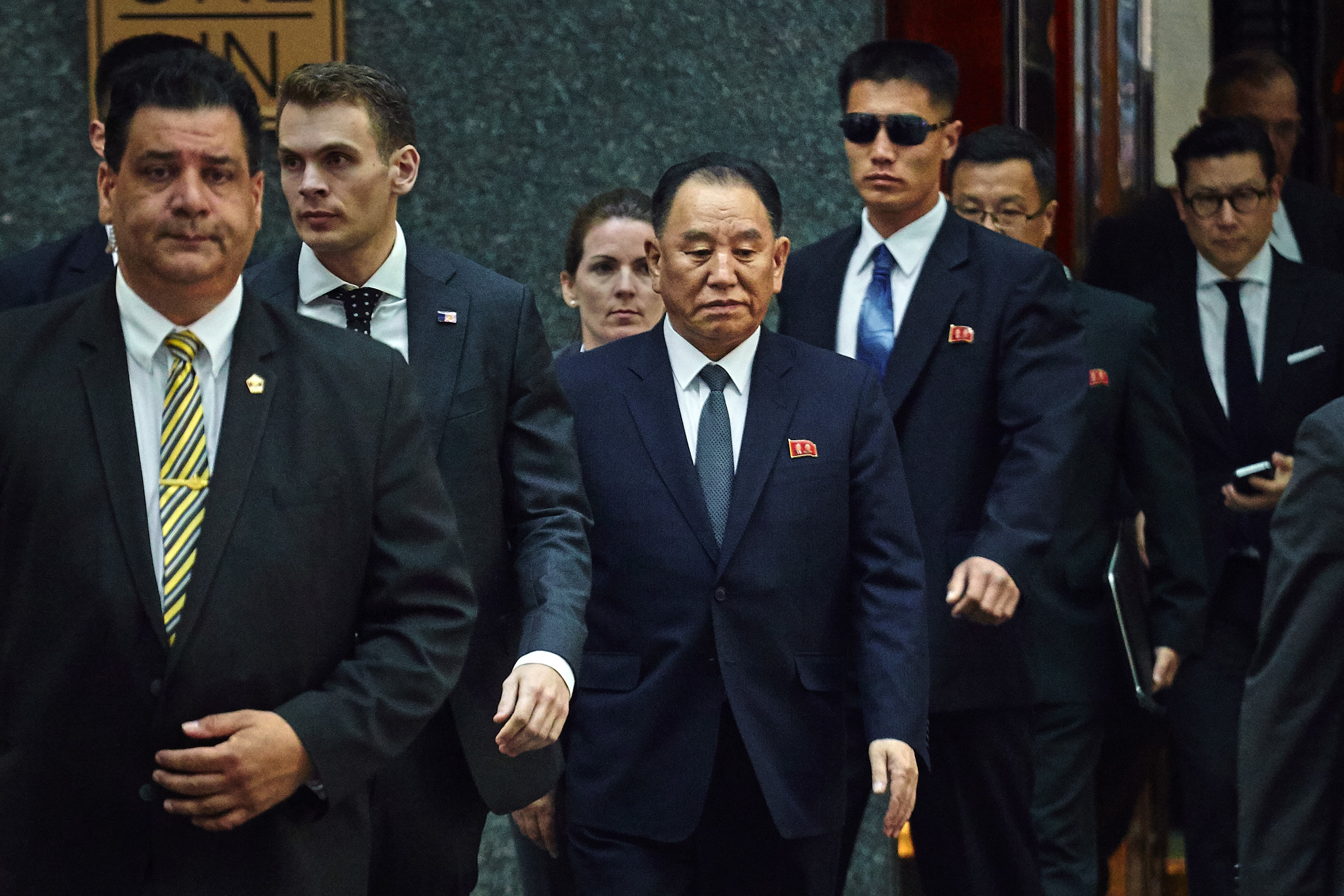
Holocaust survivors sang at Jerusalem’s Western Wall, danced in Paris and lit candles in other cities to celebrate Hanukkah together, recalling Nazi horrors that Jewish community leaders fear are fading from the world’s collective memory.
An 86-year-old man in Moscow described being forced by Nazi occupiers into a ghetto as a child. Elderly survivors in New York shared stories Sunday at the Museum of Jewish Heritage, in the shadow of the Statue of Liberty.
They worry that today’s youth in many countries don’t recognize names of Nazi death camps, fall prey to anti-Semitic conspiracy theories, or don’t realize that 6 million Jews were killed in Hitler’s World War II extermination campaign.
Lighting the Hanukkah candelabra, France’s chief rabbi, Haim Korsia, told survivors in Paris, “What you are, each of you, is exactly like the light. … We will never put out the first flame. When we transmit the knowledge, your experience and when we transmit it to others, it takes nothing from us and it gives to others.”
With folk dancing, festive songs and shared meals, the ceremonies Sunday and Monday also aimed to combat the solitude and other difficulties many survivors face in old age.
Some 400,000 Holocaust victims are estimated to still be alive, about half of them in Israel — and as many as 40% are living in poverty, said Ruediger Mahlo of the Conference on Jewish Material Claims Against Germany, which organized the events.
“We want to make this public in order to help them and in order that other people help them as well,” he told The Associated Press.
With tears in their eyes, survivors sang Israel’s national anthem together at the Western Wall, the holiest site in the world where Jews can pray. The mood turned joyous by the time candles were lit, with survivors joining hands, dancing in circles and laughing.
“For me, the holiday of Hanukkah is a holiday of victory, and it’s very important for me to see the light of victory,” said Amnon Elkiev, a survivor originally from the Netherlands who came to the ceremony with his wife.
Renowned Nazi hunter Serge Klarsfeld was among those attending a bittersweet ceremony in Paris, where young and old sang and prayed together.
Anna Sterman described being “hunted … like mice” as a child near Lyon. Sarah Saragoussi, whose parents were deported to camps, said: “We thought they would come back nonetheless. We didn’t think they were leaving to their deaths.”
The gathering in New York included some 200 survivors, some wearing winter caps, others wearing kippas. Some smiled as they listened to speeches; others looked on pensively. They touched on recent anti-Semitic attacks in the U.S. and on concerns that younger generations of Americans know little about what they went through.
Hand-in-hand with a rabbi, survivor Mikhail Spektr said a prayer and lit a Hanukkah candelabra in Moscow. He then took the microphone and sang for members of Russia’s Jewish community, accompanied by a fiddler and accordion player.
As a child when the war began, Spektr said, he didn’t realize what was going on.
When the Nazis came, he recalled his grandfather telling him that they were “a civilized nation, they wouldn’t do anything to us.”
But he and his family were taken to a ghetto on Ukraine’s western edge and held there from 1941 until the Red Army liberated it in 1944.
“We were all sleeping on the floor. We lived on the territory (of the ghetto), isolated from the city by barbed wire. The entrance was guarded by Nazi soldiers and policemen,” he said. “People who dared (to leave) were indeed shot.”
Bearing witness is ever more important as survivors die out. French survivor Suzanne Bakon said, “We are doing everything while we are living so that (the memory) remains.”
















